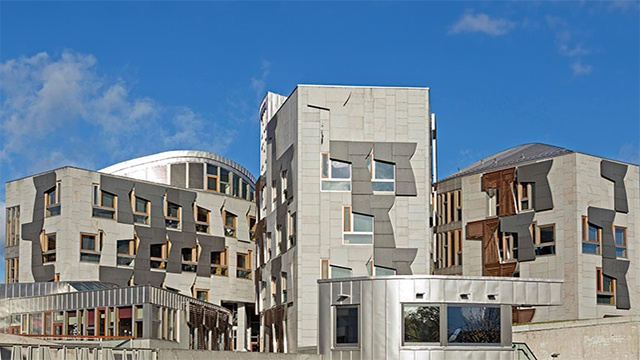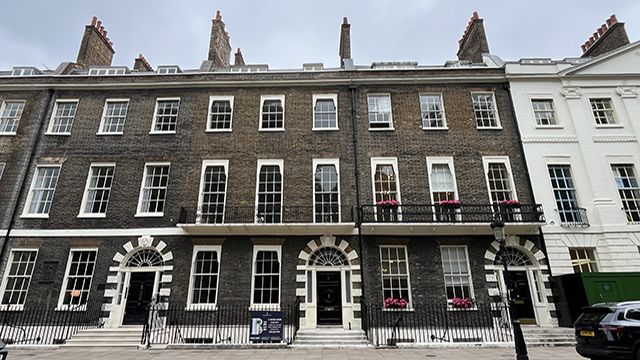UK purpose-built student accommodation sector rents increased by an average of 14.6% over the past two academic years.
A report by Unipol and the Higher Education Policy Institute, includes data voluntarily submitted by universities and the 10 largest providers of PBSA, operating in 10 major regional university cities that collectively manage more than 125,000 beds across the UK.
In 2021/22 average annual rents stood at £6,520 and increased to £7,475 in 2023/24 across the 10 key regional university cities.
The report found that the average annual rent in England is £7,566 for the academic year 2023/24.
The UK cities surveyed were Bournemouth, Bristol, Cardiff, Exeter, Glasgow, Leeds, Liverpool, Nottingham, Portsmouth and Sheffield.
The highest rents and increases are in the most undersupplied cities. Bristol now has the UK’s highest average annual rent at £9,200 per year, with Exeter at £8,559 and Glasgow at £7,548.
Glasgow saw the highest rental growth at 20.4% over the past two years, followed by 16.1% in Exeter and 15.5% in Nottingham.
Other large rises were seen in Leeds with a 14.7% rise to £7,627 and Bournemouth (11.2% rise to £7,396).
Meanwhile, Liverpool, Cardiff, and Sheffield are deemed the most affordable, with lower annual rents of £6,400-£6,600 and smaller annual increases due to the healthier supply levels across these markets.
Leading causes for rent rises
The report asked 34 leading student accommodation providers, including universities and private operators, the reasons for rent rises.
Rising costs of energy, construction, staff and borrowing were found to be biggest drivers impacting both private and university providers.
The high development costs, along with barriers to gaining planning permission, are hindering the ability of providers to build more and relieve supply pressures, with only 30,000 beds brought to the market in the past two years. The new rooms that do get built come with a higher price tag so that providers can recoup development costs.
The pipeline of new accommodation is being slowed by high interest rates which are driving up funding costs. Rent levels in existing buildings have also been increasing as a consequence of rising running costs.
Unipol and HEPI warn that the upcoming Renters Reform Bill will push more landlords to exit the student HMO market, causing it to shrink further and ultimately putting university-owned and purpose-built accommodation under more strain, exacerbating supply issues even further.
Unipol chief executive Martin Blakey said: “The student maintenance system is broken. Students and parents need urgent and practical solutions to delivering affordable accommodation. It is easy to pin the affordability issues on providers but they too are under pressure to cover increasing build and running costs.
“Meanwhile the planning system does not currently see the economic or political value in allowing more student accommodation schemes to be built, impacting the sector and students alike.”
HEPI director Nick Hillman said: “The Accommodation Costs Survey has been tracking the real costs of student housing for decades. Compared with years gone by, we are now at a crisis point. Across most of the UK, the official levels of maintenance support simply do not cover anything like most students’ actual living costs.
“In the short term, maintenance support should be increased at least in line with inflation. In the medium term, ministers should rebase maintenance support using the evidence they have gathered as part of the Student Income and Expenditure Survey, which is due to be published soon.
“For the longer term, we need measures to encourage the supply of new student housing, which is currently restricted by factors such as higher interest rates and confusion over new regulation.”
To send feedback, e-mail akanksha.soni@eg.co.uk or tweet @AkankshaEG or @EGPropertyNews










